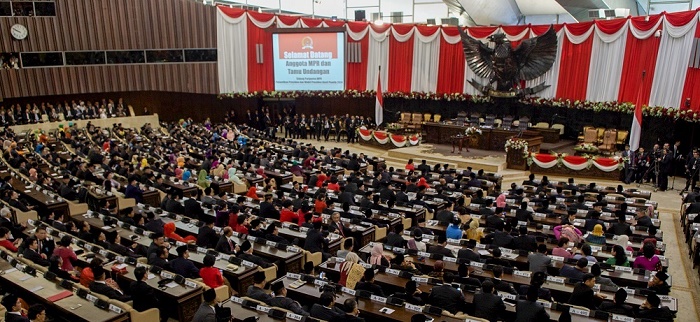Indonesia’s new tax amnesty scheme takes effect on Monday (July 18), said Finance Ministry Secretary General Hadiyanto, reported the StraitsTimes
“We will be ready for taxpayers who wish to register, declare and make (tax) redemptions,” Mr Hadiyanto told reporters late on Thursday (July 14) after a meeting at the Coordinating Ministry for Economic Affairs.
This was confirmed by Indonesia’s Director General of Taxes Ken Dwijugiasteadi, who told The Straits Times on Friday (July 15) that regulations governing the procedures for the scheme as well as the appointment of a receiving bank for the repatriated funds have been completed. “A third regulation covering entities that tax payers can invest their repatriated funds will be finalised by Sunday,” he added.
Their comments come just day after activists filed for a judicial review against the new Bill, passed in Parliament last month, arguing it protects wealthy tax evaders and money launderers from criminal prosecution.
President Joko Widodo, however, believes the legal challenge would not pose a major obstacle for the implementation of the amnesty plan and remains optimistic that the courts will back the law.
The Tax Amnesty Bill is the first piece of legislation ratified by a Parliament where Mr Joko has majority support for the first time since taking office in 2014. He has called on errant tax payers to come clean warning them that “this opportunity will never come again as tax amnesty will not be repeated”. The country is hoping that on the landmark tax amnesty will recover billions of dollars lost over decades to widespread tax evasion and in assets hidden overseas by wealthy citizens and businesses.
Once the scheme takes effect, taxes will range from 2 to 10 per cent, depending on how soon individuals declare previously untaxed assets and whether the funds are repatriated to Indonesia. If all goes to plan, the government expects 1,000 trillion rupiah (S$102.7 billion) to be repatriated from overseas and subsequently invested locally. It will also add 165 trillion rupiah to its tax coffers.
Policy planners say this will not only increase the government’s revenue by 11 percentage points, but the capital can also be used to pay for infrastructure and developmental projects that Indonesia needs to grow its economy.
However, activists from civil society groups such as the People’s Struggle Union of Indonesia are sceptical, liking the amnesty plan to a “Get out of jail free card” for tax evaders. Together with the One Justice Foundation, the group said they have filed for a judicial review of the Bill.
“Money stashed by giant tax evaders is suspected to be the result of crime so it was not reported as taxable income. Thus, (they are) subject to money laundering offence,” Mr Sugeng Teguh Santosa, the head of the One Justice Foundation, told Reuters on Wednesday, adding that the new law has at least 21 constitutional violations that could hurt Indonesia’s anti-graft efforts. A preliminary hearing for the judicial review will be held in 14 days.
Meanwhile, the Finance Ministry will work with Indonesia’s embassies in Singapore, Hong Kong and Londo, all offshore tax jurisdictions where wealthy citizens are said to have banked their wealth, to promote the amnesty scheme to the Indonesian diaspora overseas.


